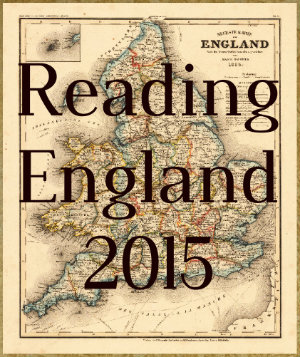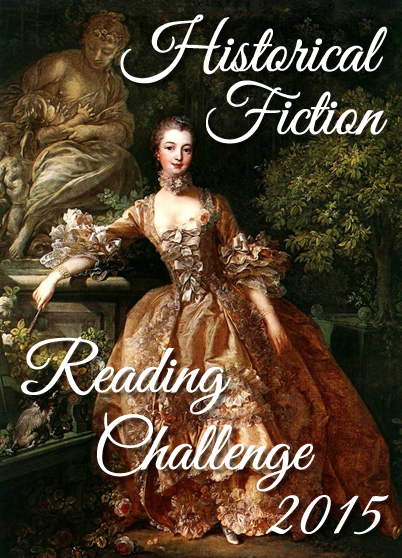
Anyway, if you know me and know this blog, you probably know I am a pretty big Harry Potter fan. I may not be the biggest fan you know, but I’m the biggest one I know. I have read all the books multiple times. I have seen all the movies multiple times. I will have a ticket for Fantastic Beasts and Where to Find Them when it comes out. I am on Pottermore and have been sorted into Ravenclaw at Hogwarts and Thunderbird at Ilvermorny. My cat is named Bellatrix. Appropriately, she is a black cat. I have read many of the articles on Pottermore several times, so the new canon is pretty well lodged in my head. I even wrote a fanfic for NaNoWriMo last November that imagined what Albus Potter’s first year at Hogwarts might be like.
I didn’t like this book much. I don’t know how much J. K. Rowling had to do with it, really, but it didn’t sound like her at all. It reads like fan fiction, and not very good fan fiction. Not only that, but a couple of things revealed in the play directly contradict canon that has been released on Pottermore or in interviews. Rowling is notoriously bad at remembering she’s said things, so that could explain it, but it seems sloppy to me.
For those who want a brief synopsis of the plot, it picks up at Platform 9¾ and retreads the epilogue of the last book, picking up with Albus Potter befriending Scorpius Malfoy on the train, much to cousin Rose Granger-Weasley’s disapproval. The boys become fast friends and are sorted into the same house at Hogwarts. I won’t tell you which one, but it was the first of several wrong moves (in my opinion). The two boys are unpopular loners at school and don’t much like it. Albus Potter overhears his father argue with Amos Diggory about using a Time Turner found in the possession of Theodore Nott to travel back in time to save Cedric Diggory. Amos is cared for by Cedric’s cousin Delphi (no reader will be fooled, like Albus was, that she was not who she said she was). Albus and Delphi concoct a plan to steal the Time Turner from Hermione, who is keeping it in her office at the MInistry for Magic (I won’t tell you her job, but it was one of the few satisfying aspects of the book). As you might guess, everything goes wrong when Albus convinces Scorpius to abscond from the Hogwarts Express and go back in time to save Cedric.
OK, where to start. The characters do not sound at all like themselves. I have read these books so many times, and I have immersed myself in everything I could find. These are not the characters I know and love. Harry particularly strikes a wrong note, as does Draco Malfoy. Ron and Ginny were just about the only major characters who sounded more or less like themselves to me. Even Albus Potter, whom we meet only in the epilogue, strikes a major false note based on the character I read in that single chapter. The characterization alone leads me to believe Rowling had very little hand in this play, and I can’t imagine why she rubber-stamped the results. The plot is also convoluted. Even for a story set in the wizarding world, where crazy things are expected, this plot strains credulity. I have big problems with the character of Delphi’s existence. Once it’s revealed who she is, the first thing I wondered was when did that happen, and the second was how. You will see when you get there, if you read this book. But that is not the only part that is confounding. The actions of Albus and Scorpius in just about every instance when they go back are ridiculous, as are those of their parents. And the last time? They send a message asking for help in the most gobsmackingly unbelievable way.
I expected a play would be different. I was prepared not to like it as much because the depth of world-building and characterization would be taken on by actors and stagecraft I wouldn’t get to see. Even taking the fact that this is a play into account, I was surprised by how much I didn’t like it because I was fully prepared to give it a real chance. My mind was way more open than it would have been for just about any other book of this type.
I managed to avoid spoilers, so I won’t discuss them anymore here, but if you want to follow me in the comments to discuss them, we can move the conversation there. I think I’m just going to pretend this book doesn’t exist and enjoy the rest of the stories J. K. Rowling has (actually) written. As flawed as my own fanfic is—especially toward the end when I was running out of steam and trying to meet the word count—I actually prefer it to Harry Potter and the Cursed Child.
Rating:







